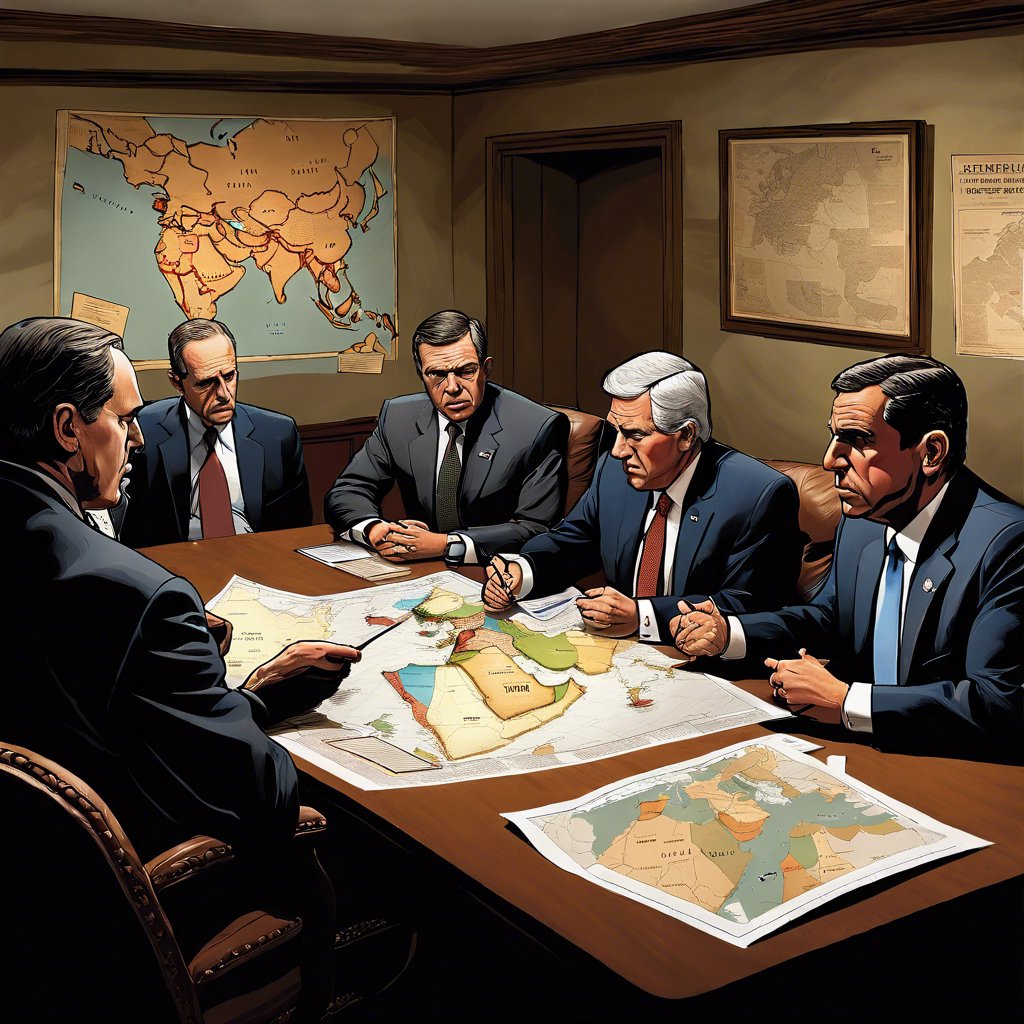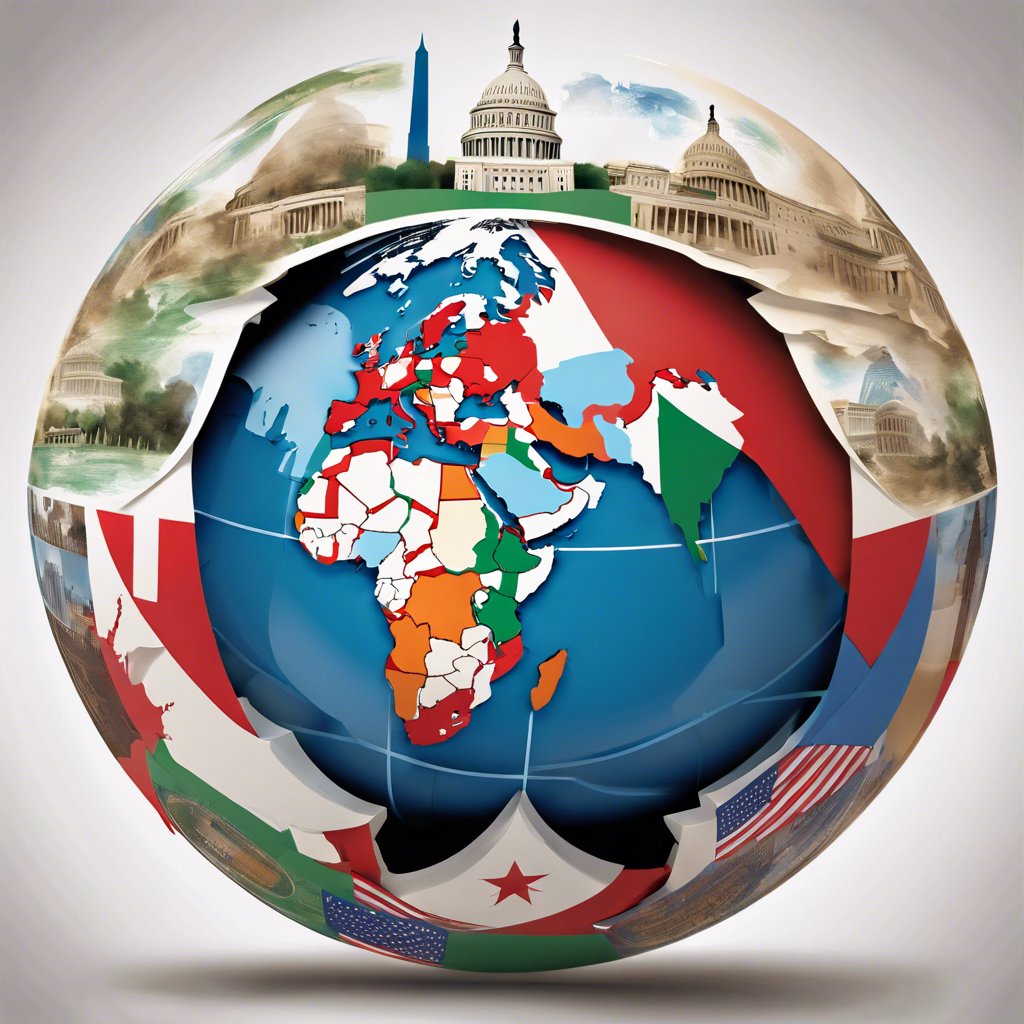Geopolitical Tensions Amid U.S. Political Uncertainty
For many months, diplomats and analysts across various foreign capitals have expressed growing concerns that the ongoing political turmoil in the United States could embolden aggressive actions abroad. This anxiety spans multiple global hotspots, including Russia’s ongoing war in Ukraine, North Korea’s unpredictable nuclear pursuits, and China’s assertive maneuvers in the South China Sea. Now, as the clock ticks down to the American presidential election in less than 100 days, a broader geopolitical crisis has erupted in the well-known arena of the Middle East.
The recent targeted assassinations of key Hezbollah and Hamas leaders in Beirut and Tehran have intensified fears of a potential regional conflict—one that the United States, embroiled in its own domestic political drama, may struggle to either prevent or manage effectively.
On Wednesday, U.S. Secretary of State Antony J. Blinken publicly stated that the United States had neither participated in nor been informed about the operation in Tehran, which the Iranian government quickly attributed to Israel. To some observers, Mr. Blinken’s remarks underscored a perilous power vacuum developing in the region.
“We anticipated that it would be leaders like Vladimir Putin, Xi Jinping, or Kim Jong-un who would capitalize on this tumultuous time in the U.S.,” noted Vali R. Nasr, a prominent professor of international affairs at the Johns Hopkins School of Advanced International Studies. “However, no one expected that an American ally would take such bold action.”
Secretary Blinken also emphasized that the U.S. had no role in the assassination of Mr. Haniyeh, further illustrating the complexities of the situation.
Implications for U.S. Influence
“This development is likely to create significant anxiety throughout the region,” remarked Mr. Nasr, who had served in the State Department during the Obama administration. “It is never advantageous for the United States to be perceived as lacking control over the situation.”















